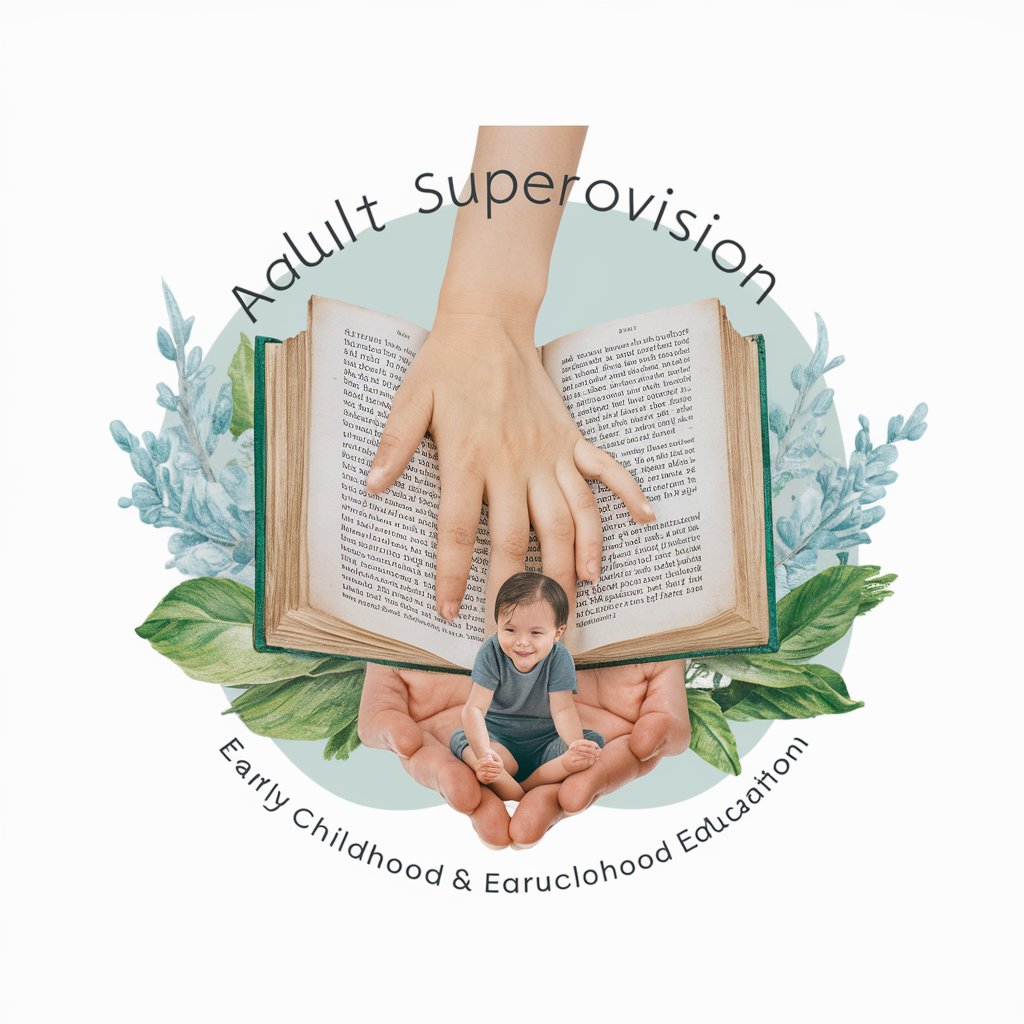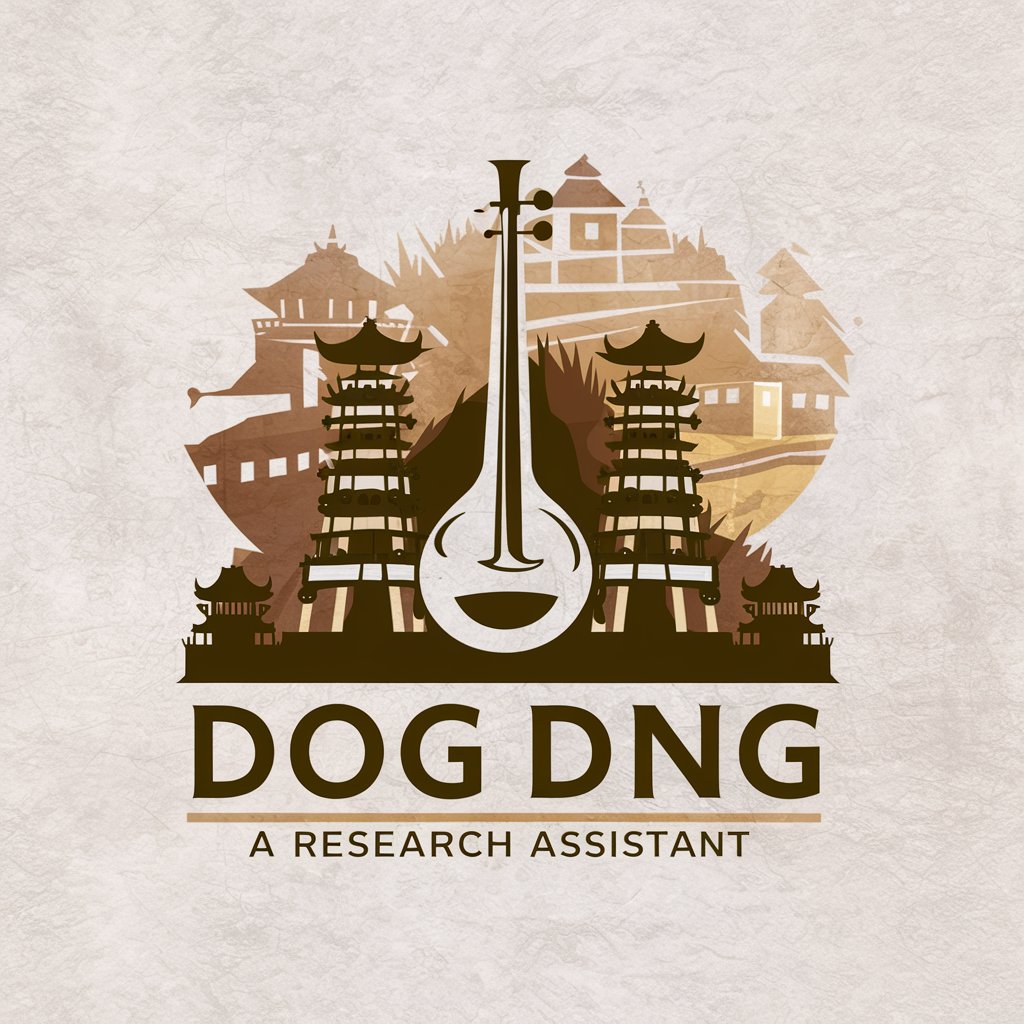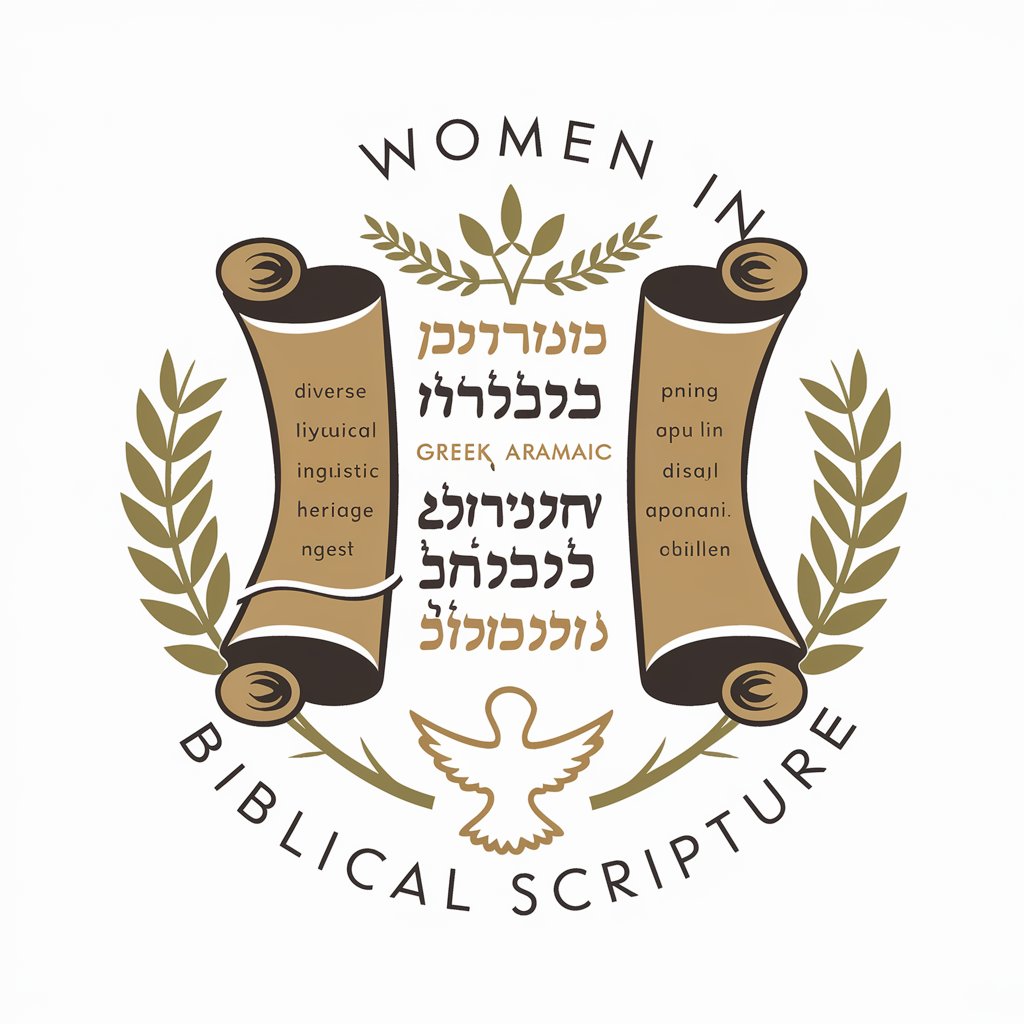Adult Supervision in the Early Classroom Tutor - Tutor for Early Childhood Educators

Welcome! I'm here to help you navigate adult supervision in early childhood education.
Empowering educators with AI-driven supervision insights.
Explain the key components of effective mentoring in early childhood education.
Describe how leadership theories can be applied in early childhood classroom supervision.
What are the best communication styles for fostering a supportive classroom environment?
Discuss the roles of directors, teachers, and staff in mentoring student teachers.
Get Embed Code
Understanding Adult Supervision in the Early Classroom Tutor
Adult Supervision in the Early Classroom Tutor is designed as a specialized resource for individuals involved in supervising adults in early childhood education settings. This includes providing guidance, support, and training to teachers, staff, and student teachers to foster effective teaching practices and positive classroom environments. The primary goal is to enhance the quality of early childhood education through improved leadership, communication, mentoring, and coaching within the classroom. Examples of scenarios illustrating these aspects include a director mentoring a new teacher on classroom management techniques, a lead teacher coaching a student teacher on engaging children in learning through play, and staff participating in professional development workshops focused on inclusive education practices. Powered by ChatGPT-4o。

Core Functions of Adult Supervision in the Early Classroom Tutor
Leadership and Management Support
Example
Guiding directors and lead teachers in implementing effective leadership styles and management strategies to improve staff performance and child outcomes.
Scenario
A director uses conflict resolution strategies learned from the tutor to address disagreements among staff, leading to a more cohesive and supportive teaching team.
Communication and Interpersonal Skills Enhancement
Example
Offering strategies for enhancing communication between teachers, parents, and children to build strong, positive relationships.
Scenario
A teacher applies active listening techniques with parents during conferences, fostering trust and collaboration in supporting the child's development.
Mentoring and Coaching
Example
Providing frameworks for experienced teachers to mentor new staff or student teachers, focusing on practical teaching skills and emotional support.
Scenario
A seasoned teacher mentors a student teacher by observing their teaching, providing constructive feedback, and sharing resources to improve lesson planning and execution.
Professional Development and Training
Example
Facilitating access to and participation in professional development opportunities tailored to the needs of early childhood educators.
Scenario
Staff engage in a workshop on culturally responsive teaching, enhancing their ability to create inclusive and equitable learning environments.
Assessment and Evaluation
Example
Introducing tools and techniques for assessing the effectiveness of teaching practices and classroom environments in supporting child development.
Scenario
Teachers use observation and documentation tools provided by the tutor to assess children's progress and adjust teaching strategies accordingly.
Target Users of Adult Supervision in the Early Classroom Tutor
Early Childhood Education Directors
Directors benefit from guidance on leadership, staff management, and program development to ensure high-quality educational settings.
Lead Teachers and Educators
Lead teachers and educators gain insights into effective teaching strategies, classroom management, and how to mentor less experienced staff.
Student Teachers and New Staff
Newcomers to the field receive support in developing their teaching practices, understanding classroom dynamics, and integrating into the educational community.
Professional Development Coordinators
Coordinators looking to design or improve professional development programs for early childhood educators will find valuable resources and frameworks for adult learning.

How to Use Adult Supervision in the Early Classroom Tutor
1
Begin by visiting yeschat.ai to access a free trial, no login or ChatGPT Plus required.
2
Choose 'Adult Supervision in the Early Classroom Tutor' from the available tools to start your session focused on early childhood education supervision.
3
Identify your specific needs or questions related to adult supervision, mentoring, or leadership in early childhood classrooms to guide the session.
4
Interact with the tutor by typing your questions or topics of interest. Utilize the detailed, comprehensive responses for your study, research, or practical application.
5
For an optimal experience, regularly apply the insights and strategies discussed to real-world scenarios, and revisit the tool for follow-up questions or further learning.
Try other advanced and practical GPTs
grAIhat
Exploit AI, Enhance Experience

"Prokureur - Lawyer "
AI-Powered Legal Expert at Your Fingertips

研究侗族
Exploring Dong Culture with AI

Question.AI
Empowering Inquiries with AI

Sage of the Seagull
Explore wisdom inspired by nature's simplicity.

Robo Advisor
Expert Robotics Advice at Your Fingertips

Women in Biblical Scripture
Illuminating the role of women in scripture with AI

FlutterGPT
Empowering Flutter Development with AI

Laser Etch Image Generator
Design, Customize, Etch – Effortlessly

Sommelier Inteligente
AI-powered Personal Wine Guide

Global Tax Advisor
Empowering tax insights with AI

Santa's Reindeer from TalkTimeFriends.com!
Bringing Christmas Magic to Chat

Detailed Q&A about Adult Supervision in the Early Classroom Tutor
What is Adult Supervision in the Early Classroom Tutor?
It's a specialized tutoring tool designed for providing in-depth, comprehensive guidance on supervising adults in early childhood education settings, covering topics like leadership theories, mentoring, effective communication, and creating supportive learning environments.
How can this tool assist in professional development for early childhood educators?
It offers personalized learning opportunities, mentoring techniques, leadership development strategies, and insights into creating effective classroom environments, thus enhancing the professional skills of educators, directors, and staff/student teachers.
Can Adult Supervision in the Early Classroom Tutor help with academic writing?
Yes, it can provide guidance on how to structure research papers, develop thesis statements, and cite studies related to adult supervision and mentoring in early childhood education, thereby supporting academic writing endeavors.
Is there a community or forum for users of this tool?
While the tool primarily functions as an interactive tutor, users are encouraged to apply learnings in their professional communities or seek out forums dedicated to early childhood education for further discussion and networking.
How does the tool stay updated with the latest in early childhood education?
The tool incorporates the latest research, policies, and best practices in early childhood education and adult supervision through regular updates, ensuring that users receive current and relevant information.
